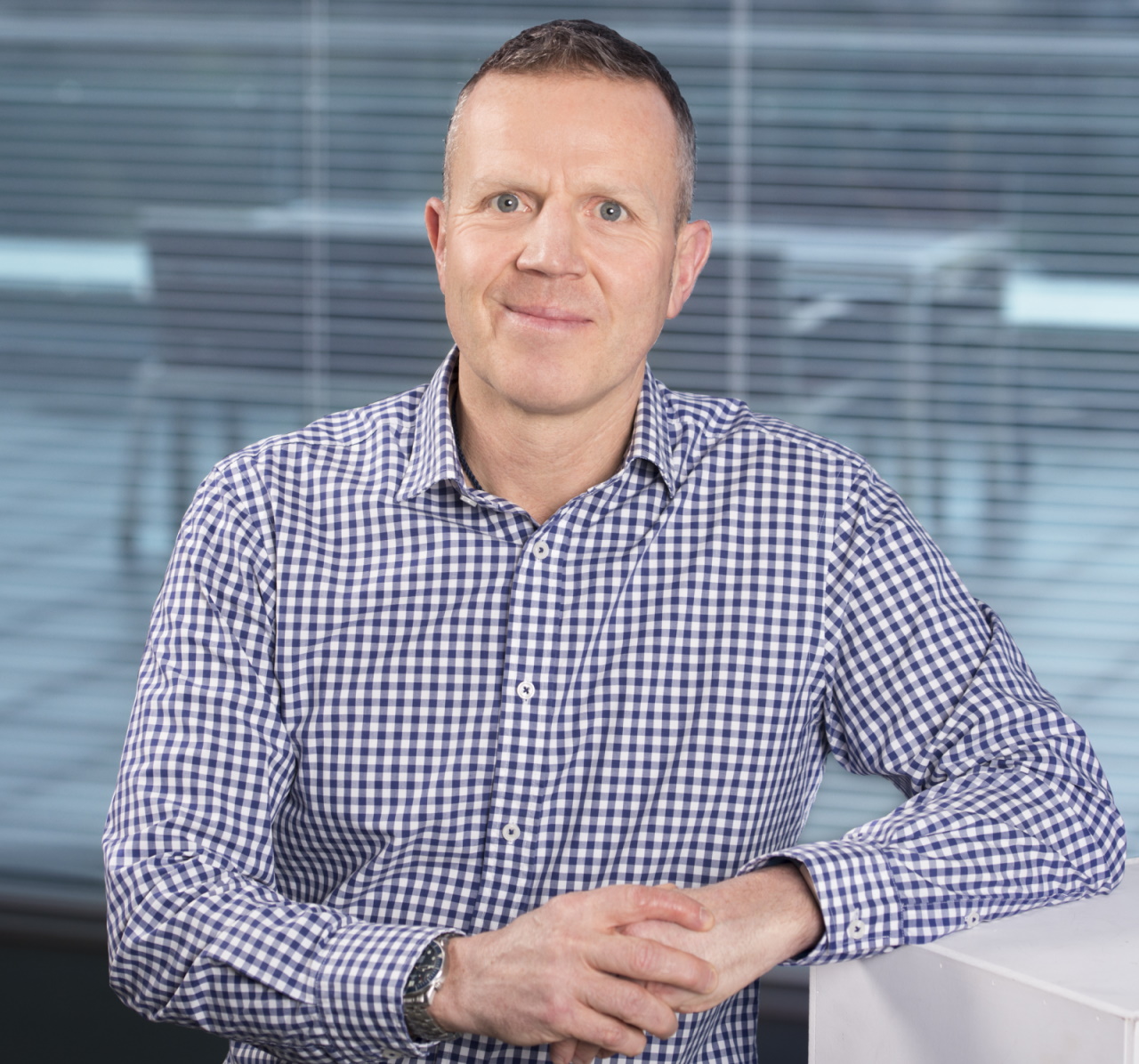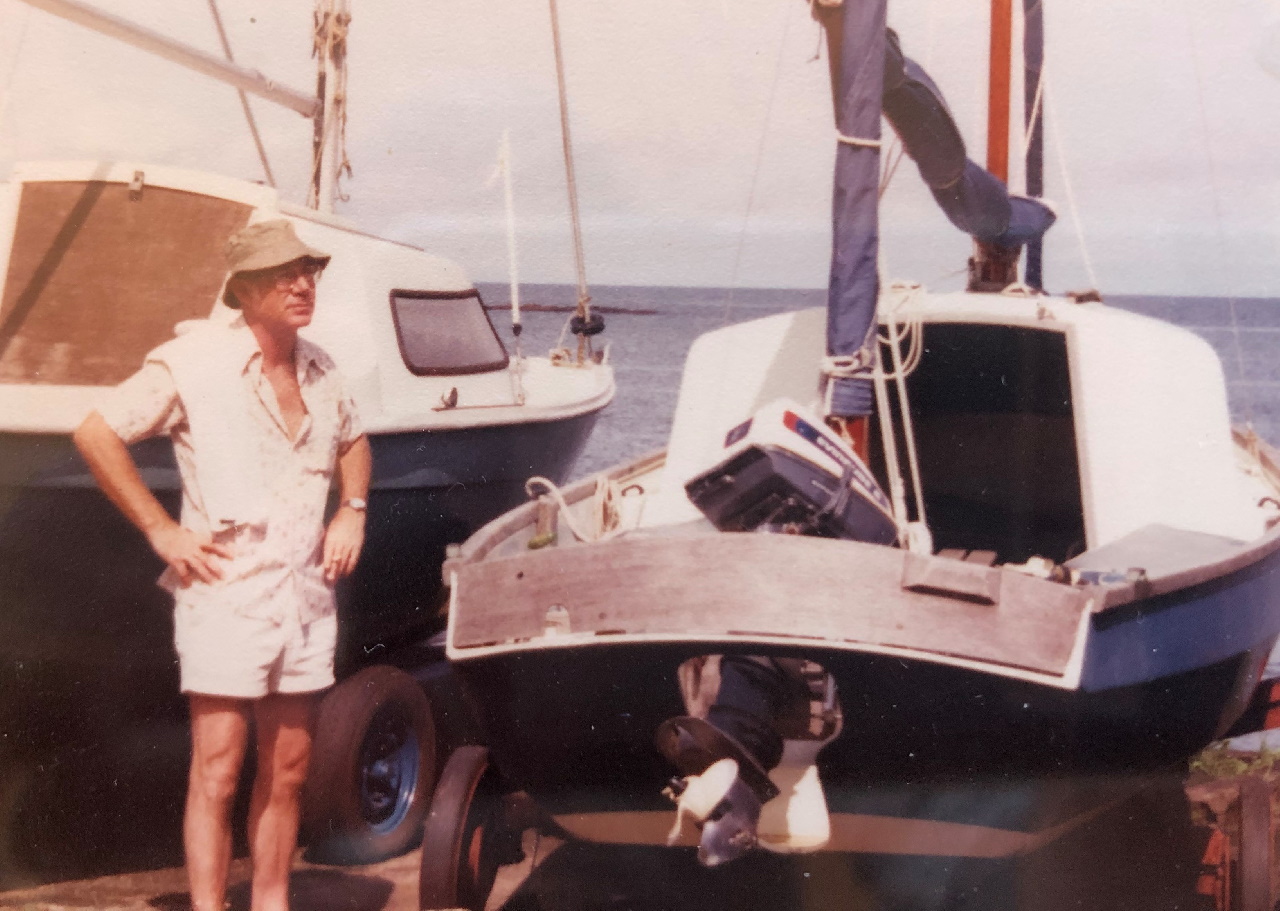Dedicated to develop the performance of
individuals, teams and organisations

Meet Glyn
My name is Glyn Billinghurst and I am the founder of Cateran Coaching and Consulting. I am an experienced executive level professional whose commercial, managerial and operational capabilities and insight have been shaped over 25 years working with Multinational Organisations such as Walkers Snacks, PepsiCo, Unilever, Shoes for Crews and Munster Rugby. As a Consultant and Coach, I am now on a journey of sharing my in-depth knowledge with clients both personally and professionally.
My professional passion lies in delivering positive results and accelerated growth through the development of people, teams and organisations I work with. From a business perspective, my niche is developing and implementing strategic and annual operation plans, delivering change and expanding into new categories and markets. This is all done, whilst retaining focus on and growing the existing core business.
Throughout my career I have demonstrated the ability to build support and alignment behind carefully balanced short and long-term initiatives from internal stakeholders, key customers and third parties. I have developed a reputation for transforming businesses by providing clarity and direction, effectively mobilising people and resources and delivering results in high pressure and complex business environments.
In 2000 I took a 10-month sabbatical from PepsiCo to take part in the BT Global Challenge, a 32,000 mile round-the-world Yacht race. As a crew member on “Team Logica” this unique life experience taught me many lessons about myself. These included mental resilience, leadership and teamwork which I have been able to incorporate into my personal and professional life.
My philosophy and approach is simple—to deliver real value and authenticity to my clients whether Coaching or Consulting. By teaching them to critically analyse opportunities and situations, build and develop existing plans and challenging them to expand their thinking, I help them achieve their personal and professional goals.

Why Cateran?
“Cateran” was the name of my father’s boat, not a big expensive yacht or motor cruiser but a 20-foot sailboat in Sierra Leone. My dad loved Cateran and when he was not on the water sailing for fun with a fishing rod off the back, he would be tinkering with it in the yard—cleaning, varnishing or mending things. On Cateran, my father was always relaxed and at peace with himself and his surroundings; he had sailed since he was a young boy and it felt very natural to him.
On researching the name, I found some additional facts which paint an interesting picture—a clan of warriors stealing cattle, listening to punk rock whilst on a stroll around the Scottish highlands!
- The term Cateran, from the gaelic ceathairne, historically referred to a band of fighting men of a Scotland Highland clan who were known marauders and cattle-lifters.
- The Cateran, or simply Cateran, were a Scottish Punk Rock band from Edinburgh active in the mid-to-late 1980s.
- The “Cateran Trail” is a circular 115km route in the Highlands of Scotland that straddles the border between Perthshire and Angus.

Photo Credit Ben Wood / Island Images http://www.islandimages.co.uk/
Team Logica
In 2000 I took a ten-month Sabbatical from PepsiCo to take part in the BT Global Challenge. Known as the ‘world’s toughest yacht race’, it’s a 32,000-mile, multi-stage event that traverses the world’s oceans against the spin of the earth. Staged over 10 gruelling months, it’s undertaken by 12 teams with identical equipment and budgets.
Team Logica was assembled in January 2000. Under the leadership of our Skipper, Jeremy Troughton, we had a 15-member crew who would sail the complete race, and then employees of our sponsor “Logica” would join us on each leg. My first real exposure to Team Coaching took place in March 2000 when an extended team of 26 individuals gathered in Abingdon, UK, for three days to learn about each other, and establish a Vision, Goal and Values. It was an amazing three days which bonded us and created the foundation for a strong, loyal and competitive team.
The race and my 10 months on Logica was a unique life experience which taught me many lessons about myself, mental resilience, leadership and teamwork. The bond that we built as a team was essential to help us endure, enjoy and be competitive in every aspect of the race. As a result, I am fortunate to be able to incorporate and build my learnings into business and team coaching modules.

Photo Credit Ben Wood / Island Images http://www.islandimages.co.uk/
The BT Global Challenge
The BT Global Challenge was a unique race that took place every four years with 12 teams competing for the coveted Princess Royal Trophy on a westabout route around the world, against the spin of the earth. The route covered 32,000 miles and is split into 7 legs of varying durations. Starting in Southampton, the race visited Boston, Buenos Aires, Wellington, Sydney, Cape Town and La Rochelle and finished back in Southampton. Known as the ‘world’s toughest yacht race,’ it was the ultimate challenge in amateur sailing.
Each team was made up of 17 diverse amateurs from across the globe who paid for the privilege and led by one professional sailor on identical 72-foot steel ocean racing yachts. The teams were balanced by male/female ratio, age spread, weight and experience with 70% of the people who applied having never sailed before.
The race was owned and established by Sir Chay Blyth, the first person to sail around the world the ‘wrong’ way in 1970. When he first set off many thought that he would never be seen again, but 292 days later he returned proving them all wrong, and he thought “if I can do it, anyone can,” and the seeds for the race were sown.
Conditions experienced by competitors were some of the toughest known to man, so it was a real feat of endurance. But it was also one of the toughest tests of leadership and teamwork, with each professional skipper not only charged with forming a disparate group of people of all ages, backgrounds and nationalities into a high performing team, but also having to constantly make vital strategic and operational decisions to gain advantage in a constantly changing and highly competitive environment.
The BT Global Challenge
The BT Global Challenge was a unique race that took place every four years with 12 teams competing for the coveted Princess Royal Trophy on a westabout route around the world, against the spin of the earth. The route covered 32,000 miles and is split into 7 legs of varying durations. Starting in Southampton, the race visited Boston, Buenos Aires, Wellington, Sydney, Cape Town and La Rochelle and finished back in Southampton. Known as the ‘world’s toughest yacht race,’ it was the ultimate challenge in amateur sailing.
Each team was made up of 17 diverse amateurs from across the globe who paid for the privilege and led by one professional sailor on identical 72-foot steel ocean racing yachts. The teams were balanced by male/female ratio, age spread, weight and experience with 70% of the people who applied having never sailed before.
The race was owned and established by Sir Chay Blyth, the first person to sail around the world the ‘wrong’ way in 1970. When he first set off many thought that he would never be seen again, but 292 days later he returned proving them all wrong, and he thought “if I can do it, anyone can,” and the seeds for the race were sown.
Conditions experienced by competitors were some of the toughest known to man, so it was a real feat of endurance. But it was also one of the toughest tests of leadership and teamwork, with each professional skipper not only charged with forming a disparate group of people of all ages, backgrounds and nationalities into a high performing team, but also having to constantly make vital strategic and operational decisions to gain advantage in a constantly changing and highly competitive environment.


